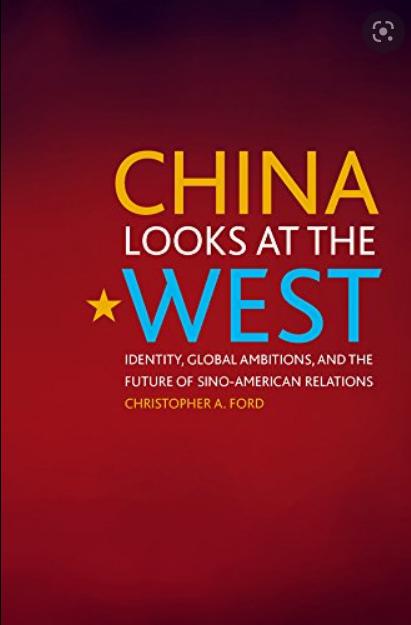Africa-Press – Gambia. A new security agreement between China and the Solomon Islands, Taiwan’s former diplomatic ally, has set off alarm bells in Canberra and Washington. The pact’s far-reaching implications for security in the Indo-Pacific region has crossed a “red line” for the US and Australia.
While answering questions from reporters on Tuesday last week, US Assistant Secretary of State for East Asian and Pacific Affairs Daniel Kritenbrink said that the US would not rule out military action were China to establish a base in the Solomons.
Kritenbrink’s robust language demonstrates just how unhappy Washington is at the prospect of China’s military installation in the Pacific island nation.
This is because a base in the Solomon Islands would allow China’s People’s Liberation Army (PLA) Navy surface ships to freely dock and resupply with ammunition, and PLA Navy nuclear-powered ballistic missile submarines would be able to patrol coastal areas of the South Pacific at will, posing a significant security threat to the continental US and Australia.
While attending a memorial ceremony to mark Anzac Day on Monday last week, Australian Minister for Defence Peter Dutton said that an “arc of authoritarianism” was troubling the Indo-Pacific region, and that the only way Australia could preserve peace is to prepare for war.
The depth and breadth of China’s military modernization long ago exceeded what is required to resolve the “Taiwan problem.” The PLA’s long-range combat capability extends beyond the second island chain and is developing into a global force.
The PLA is continually modernizing its aircraft carrier fleet and arsenal of nuclear weapons, while also developing cross-domain combat capabilities in space and in digital realms. China is also building military bases around the globe, sowing anxiety in nearby countries and placing Western democracies on high alert.
The Pentagon’s 2019 China Military Power Report, issued to the US Congress in May that year, said that in addition to having deployed anti-ship cruise missiles and long-range surface-to-air missiles on the Spratly Islands (Nansha Islands, 南沙群島), the PLA also has a military base in Djibouti, on the Horn of Africa, and was considering establishing another outpost in Pakistan.
The Washington Post also in 2019 published a report on a secretive Chinese military base in eastern Tajikistan. That country shares a border with Afghanistan, Uzbekistan, Kyrgyzstan and other central Asian nations bordering China. As a consequence, Tajikistan’s geostrategic importance cannot be overstated.
The US magazine National Interest published an article in February last year that raised additional concerns over the PLA’s activities in the arctic, and reported that China was considering deploying submarines in the Arctic Ocean.
All of these developments demonstrate that China’s military ambitions reach far further afield than simply the Asia-Pacific region. Beijing is getting its ducks in a row to effect an external expansion.
The strategic goal behind the PLA’s far-reaching construction of overseas military bases is to extend its long-range force projection capability to every corner of the globe, as Beijing seeks to obtain dominance in regional development.
However, China’s ambitions to establish a global network of military bases has not only led the US, UK, Japan, Australia and other nations to join forces to resist Chinese encroachment, but has also focused the international community’s attention on Taiwan’s geostrategic importance. It is a lynchpin not just of regional Indo-Pacific security, but global security interests.
This reality was borne out in a remark by British Secretary of State for Foreign, Commonwealth and Development Affairs Liz Truss during the annual Mansion House speech at the Lord Mayor’s Easter Banquet in London on Wednesday last week.
“NATO must have a global outlook, ready to tackle global threats,” Truss said. “We need to pre-empt threats in the Indo-Pacific, working with our allies like Japan and Australia to ensure the Pacific is protected, and we must ensure that democracies like Taiwan are able to defend themselves.”
Yao Chung-yuan is a professor and former deputy director of the Ministry of National Defense’s strategic planning department.
For More News And Analysis About Gambia Follow Africa-Press






